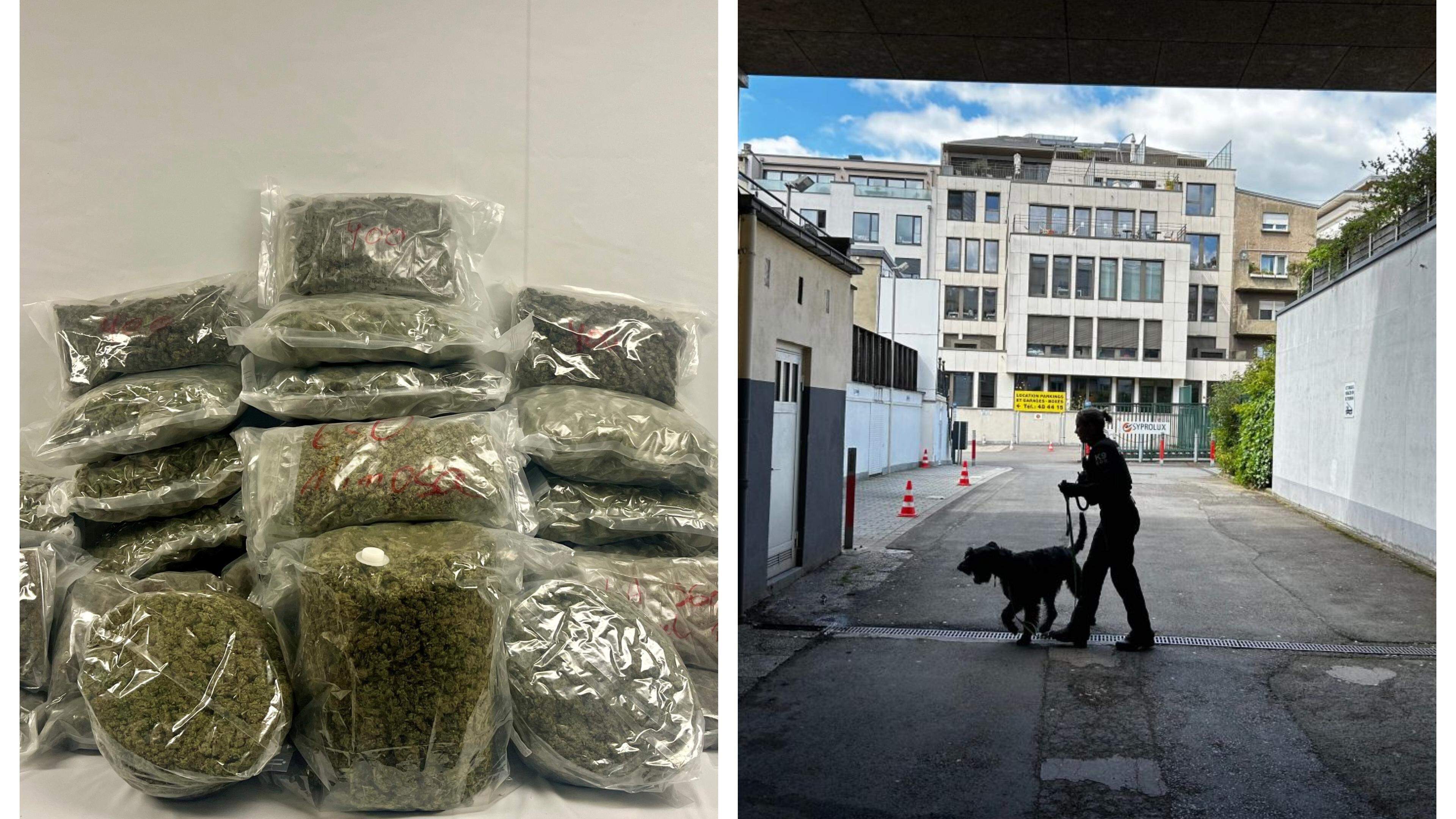Column | Don’t forget to commemorate the losers
:format(jpeg):fill(f8f8f8,true)/s3/static.nrc.nl/bvhw/wp-content/blogs.dir/114/files/2019/01/graaf-beatrice-de-online-homepage.png)
After a week full of commemorations and wreath layings at monuments, it doesn’t hurt to look more precisely at what and who ends up on a monument. Certainly if that provides insight into what is an important basic tone in a culture (you remember that I broke a lance last time for more geo-ideological literacyWell, that starts with delving into the culture, history and context of such an ideological movement).
Recently I was in the southwest of the US. That was a good one again reality check: It is not so neat everywhere as in front gardens of your city district. In fact, you can just disappear in states such as California, Utah, Arizona or Nevada if you want. Going up, undergoing in the wilderness, endless driving without encountering a soul or seeing something bewars (like a couple ago a couple who thought they could go looking for a while in the backpack in the backpack The Joshua Tree of the cover of U2, but got lost and died by drying out).
A memorial was established on a progressed rock point on the edge of one of the deepest gorges in the world, the Grand Canyon in Arizona. On the Plaquette the names are spelled of the expedition that wanted to map the wilderness of the ‘Black Canyon’ of the Colorado river in 1869, led by John Wesley Powell. Powell, a one -armed veteran from the American Civil War, could not find his way after the war. He became a professor geology but remained one Thrill Seeker. Together with a group of other adventurers and drifters He performed the Green River in Wyoming on 24 May 1869, in the direction of the gorge. After a few days, two of the three boats were already broken on the unexpected rapids and waterfalls. Three of the 14 travel companions no longer saw it. The Brothers Oramel and Seneca Howland and a friend had had enough (some historians believe that they were also fed up with Powell’s leadership), and put their own route. It did not end well. The Powell group was spit from Grand Canyon alive by the Colorado River on 30 August. But anything was never heard from the Howlands.
PLASTIC PLASTIC
Half a century later, the American congress put down a monument to honor the expedition, but their names were missing. (Much later, a plastic sign was added, now faded, on which the history of the expedition is briefly told, with the comment at the Howlands’and they were never heard of« )
That was in 1915, barely three years after the state of Arizona only officially joined the United States. There was no room for losers in that new state. It may have been different if the Powell group had drowned, and the Howlands had reached the finish line. Because that’s how things are going on the frontier: The Winner Takes It All. The struggle, the war, the competition is only over when there is a winner. It is then immortalized, the rest is forgotten or tucked away. The gold seeker thinks this is the gold wins. Of the rest, you will find a bone somewhere in a salt bottom of Death Valley.
In his new book Lincoln’s Peace The Brown Historian Michael Vorenberg stings in the barely healed wound that the young America is after the civil war. His position? The Americans have recently reclaimed their own country and population. The American civil war is barely over. And even that peace is an illusion. American settlers thought they were freely fighting at the end of the 18th century of European princes and tyrants, but never got away from the world market. In the course of the 19th century they thought they were reclaiming the wilderness in the west, but had to kill thousands of Indians for it and mock them away. Lincoln tried to reconcile North and South in 1865, but was shot before he could found ‘his’ peace.
Everyone a fair place
So that peace never really came, and the wilderness is never really tamed.
There was no real one reckoningno High Noon and none settlementafter which everyone got a fair place, including the losers. The Manifesto Destiny After all, only has victory, exploitation and exploitation. Trump’s return to the rhetoric of Andrew Jackson (he left his portrait in the Oval Office) and his embrace of the sonroedoctrin grasp on that basic tone. That is, by the way, a tone of not so long ago, and one that strings in his own nearby family history. Grandpa Frederick Trump fled conscription in Bavaria, and took advantage of the Goldrush at the end of the 19th century by opening hotels and brothels where the unfortunate gold diggers gambled and drowned their last assets.
The west of the US is still booming. Los Angeles, Las Vegas, Phoenix are the fastest growing cities in the US. But under the varnish of neon advertisements and the asphalt of the Six Lane Highways The old wounds are brewing. Whether it is about whining Indians in aimless reserves, wandering fentanyl addicts in the verges of those highways, or deeply frustrated, racist confederates in the south.
We are sometimes a bit jealous of the ‘Can Do feeling’ and the winners’ mentality of that American frontier culture.
But then think: blissfully the country where victims, minorities and even losers are not hidden away, do get monuments, and where during commemorations is endlessly nagged about who we have forgotten.
Beatrice de Graaf is a professor of history of international relations in Utrecht.

:format(webp)/s3/static.nrc.nl/images/gn4/stripped/data119591639-7be4be.jpg)
/s3/static.nrc.nl/images/gn4/stripped/data131884150-bbb2cd.jpg)
:format(webp)/s3/static.nrc.nl/images/gn4/stripped/data131667350-cf6287.jpg)



